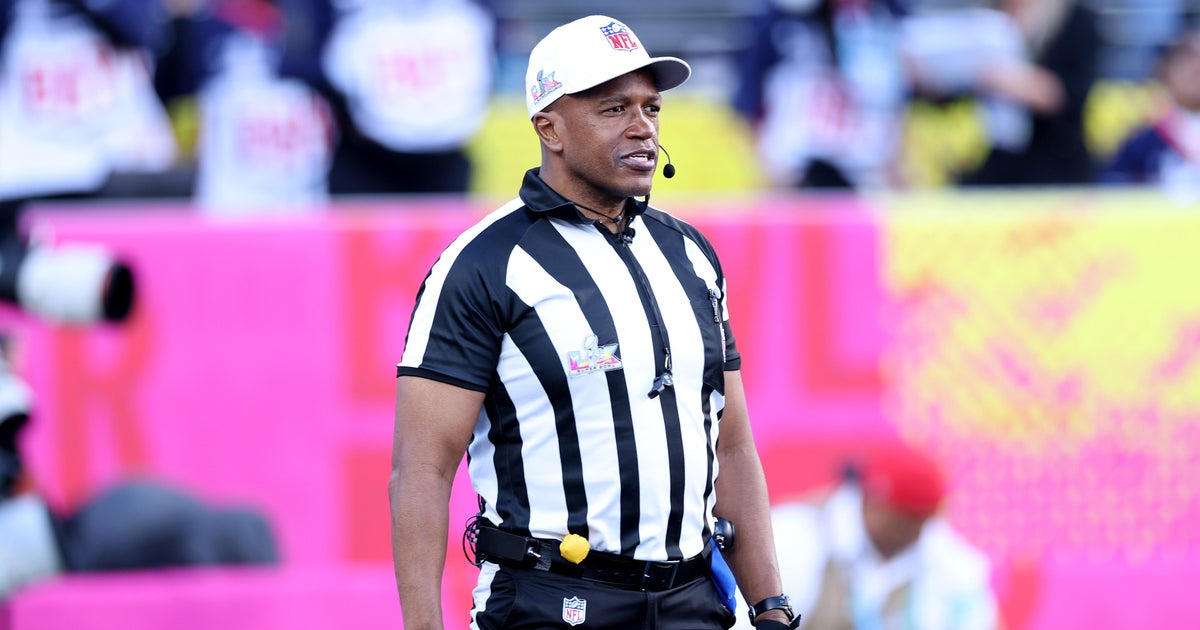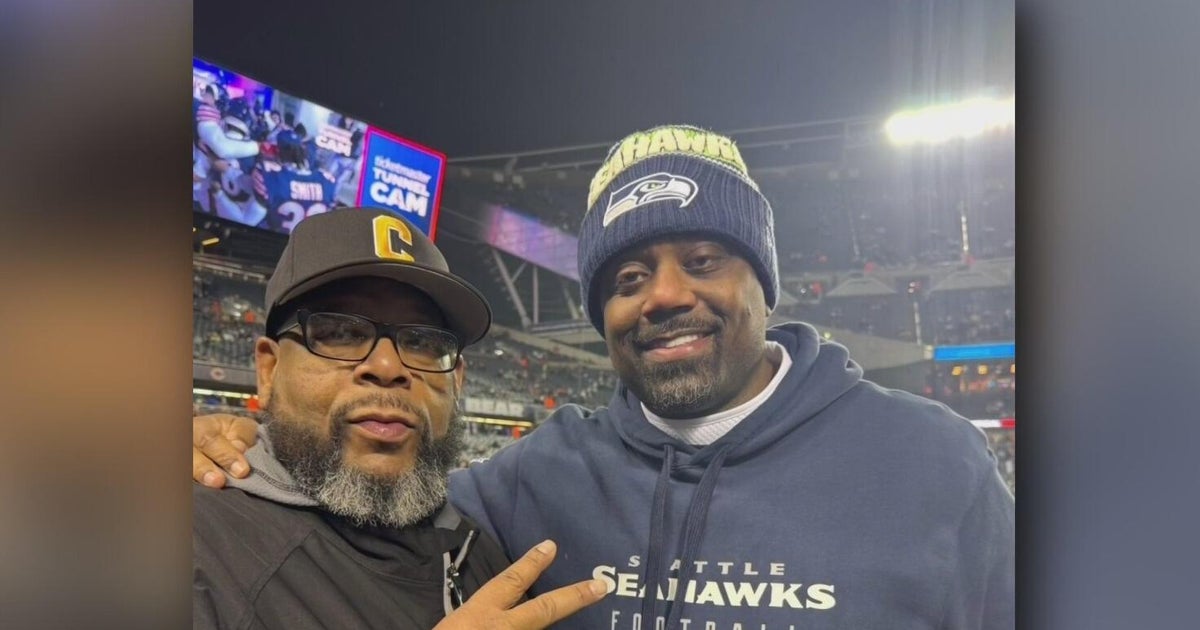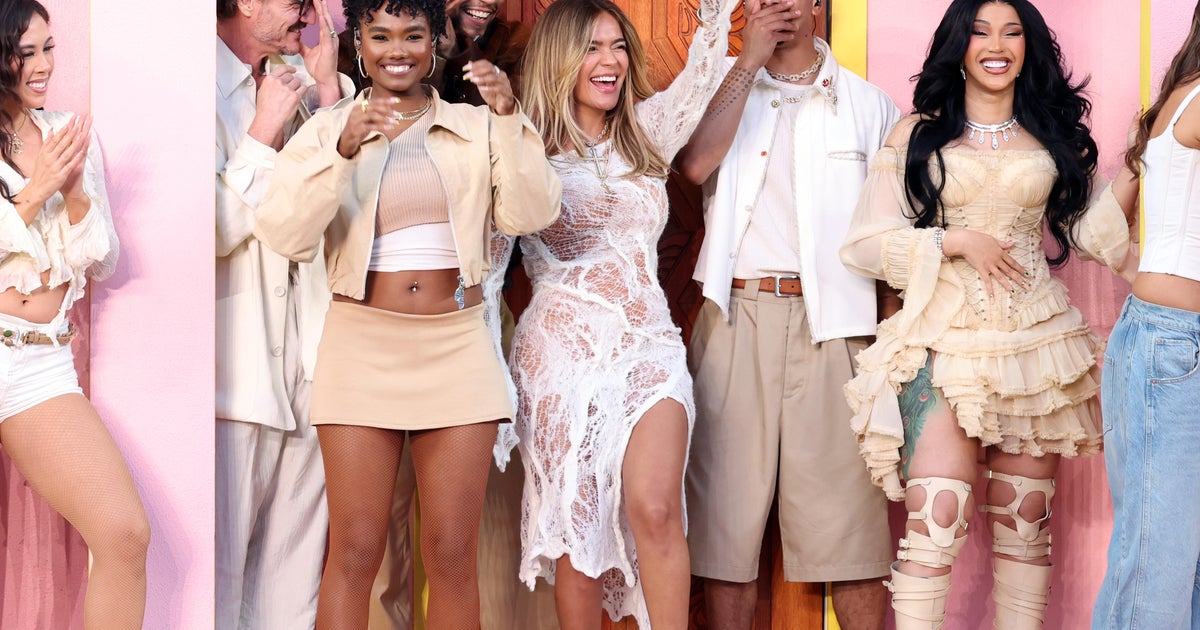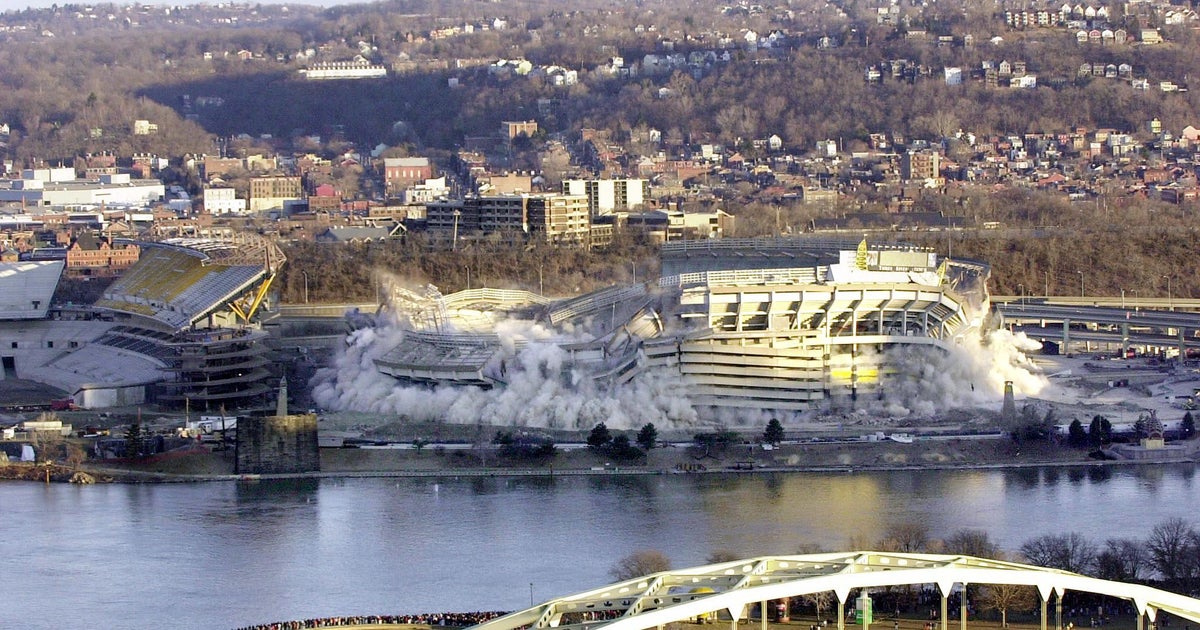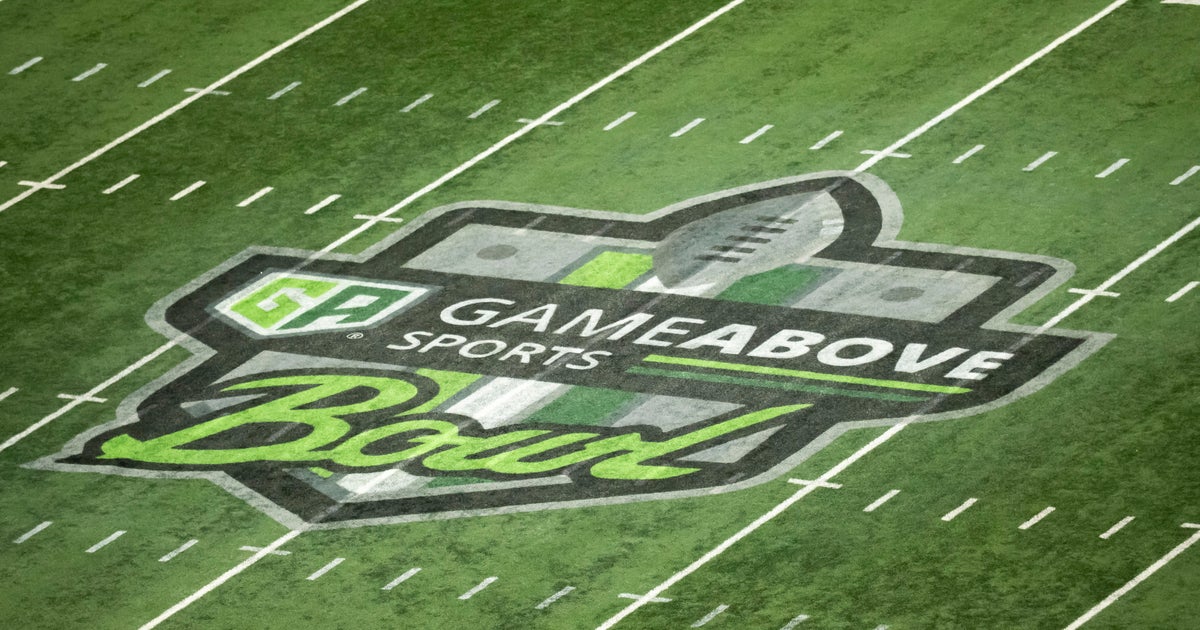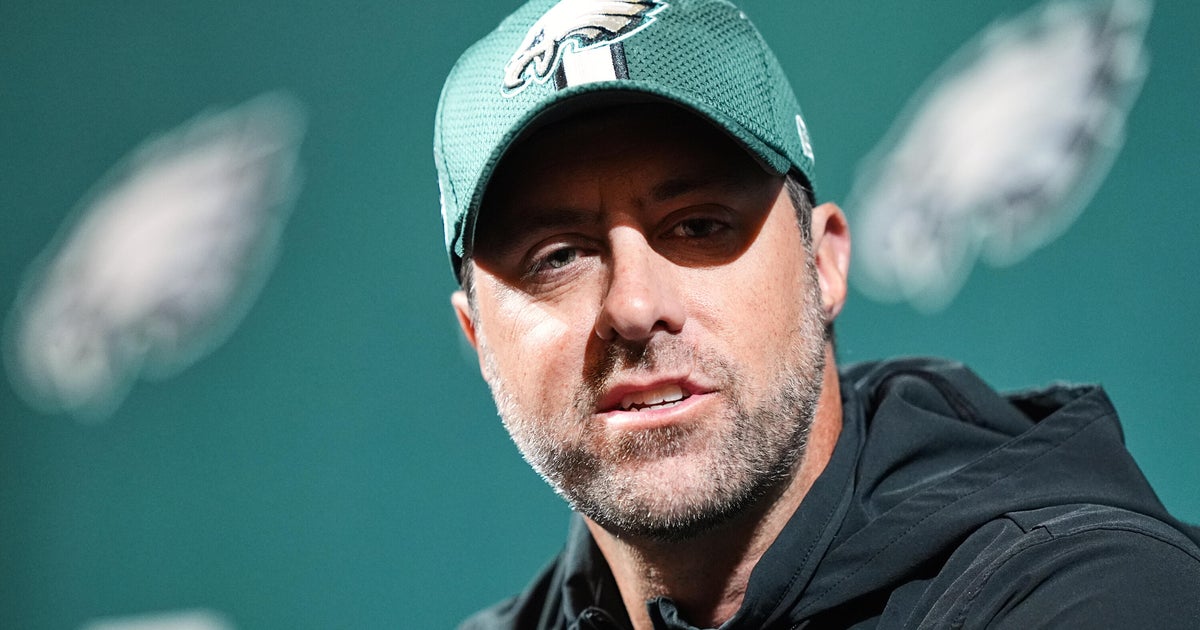Packers' Super Bowl Win Leaves NFL Future Uncertain
The Green Bay Packers won the Super Bowl Sunday, NFL's biggest game of the year was as big as ever, but the return of football next season is still in question.
The Pack is back. NFL football? Well, nobody's quite sure when that's going to return.
Led by quarterback Aaron Rodgers, the Green Bay Packers returned to the top of the football world Sunday with a 31-25 victory over the Pittsburgh Steelers in the Super Bowl.
It was yet another thrilling capper to the NFL's season, but this time, when they turned out the lights on the championship game, there was no guarantee they'd be back next fall.
A labor war that pits rich athletes against richer owners could shut down the game.
The collective bargaining agreement that led to unprecedented success for the NFL expires at the end of the day on March 3, and barring an agreement before then, owners are threatening to lock out players.
They are pondering the unthinkable: The first play stoppage since 1987. The shutdown of the only form of entertainment that, as the sky-high TV ratings this year have shown, consistently brings people together in a tweeting, texting, TiVo-ing country where viewing habits get more fragmented by the day.
"For a sport at the height of its popularity to self-destruct by lacking the will and creativity to solve economic problems would be the height of folly," agent Leigh Steinberg said. "Who wants to be the person to kill this golden goose?"
Sunday's spectacle offered up yet another example of why America loves this game so much.
Led by Rodgers' pinpoint passing, the Packers hurried to a 21-3 lead and looked like they were ready to run away. But the Steelers, the NFL's most successful franchise with six Lombardi trophies, refused to quit. They pulled within 28-25 midway through the fourth quarter and had the ball, trailing by six and needing to go 87 yards to win the game.
Only when Ben Roethlisberger threw three straight incompletions in the final minute were the Steelers' hopes over. Green Bay brought its fourth Lombardi Trophy back to the Frozen Tundra and its first since 1997, when Brett Favre was every cheesehead's favorite quarterback.
Rodgers finished with 304 yards and three touchdowns and was named the game's Most Valuable Player.
"Vince Lombardi is coming home to Green Bay," NFL Commissioner Roger Goodell said, when he handed the trophy, named after the legendary Green Bay coach, to the Packers.
Will we see this kind of celebration again next February?
In all the pregame hyperbole, each side insisted they wanted that. But they are far apart on how to get it done.
Owners say it's time to pocket more money for a league that hasn't started a stadium project in more than five years. They want a bigger slice of the roughly $9 billion in revenue, a rookie wage scale and to increase the regular season by two games to 18.
The players think those two extra games will cause an exponential rise in injuries and don't want to give back any percentage of the revenue pool, a massive slice of which comes from the networks, which combine to pay around $4 billion a year to televise the NFL.
In an interview on Fox on Sunday, Goodell said the owners are committed to finding a solution and that a negotiating session between the owners and players the day before was "beneficial."
"My focus is on the next three or four weeks," Goodell said. "I've often said, our agreement expires on March 4th. We have to use that period of time to reach an agreement that's fair for the players, fair for the clubs, and allows our great game to grow for our fans."
Not doing so could stop the show after another tight, exciting Super Bowl that closed one of the most riveting seasons in recent memory.
Not that everything was perfect.
Christina Aguilera opened the evening by flubbing a line while she sang the national anthem.
Before that, 1,250 fans were told their seats inside Cowboys Stadium - the $1.2 billion shrine to football - weren't available, the result of weather-related slowdowns in installing extra seating for the game.
It was a rough week for Dallas, where back-to-back snowstorms wreaked havoc and led to six injuries from ice that fell from Cowboys Stadium, which led to the seating debacle. Flights into Big D were canceled, traffic was snarled and some of the pregame parties were scrapped.
Still, there were 103,219 fans on hand and maybe 100 million-plus watching on TV - where 30-second commercials went for as much as $3 million - as they saw the closing chapter to a heck of a season.
It began with the eminently watchable TV program, "Hard Knocks," that documented the New York Jets and their foul-mouthed coach, Rex Ryan, as they made their way through training camp.
It continued with a contentious debate about player safety, a result of the NFL's early season decision to ramp up enforcement of rules that restrict helmet-to-helmet hits and other "illegal" tackles on defenseless receivers coming over the middle.
Much as the NFL tries to rein it in, though, the violence certainly draws a lot of fans to the game.
But it's more than that.
In 2010, there were scandals (the Broncos were caught videotaping an opponent's practice), soap operas and sad endings (See, anything related to Favre).
There were feuds (Ryan vs. the Patriots), flare-ups (a brawl between Andre Johnson and Cortland Finnegan) and firings (Broncos, 49ers, Cowboys and Vikings).
There were great performances (Michael Vick and Tom Brady) and great endings (Philly beating the Giants on DeSean Jackson's last-play punt return for a touchdown) and, finally, a Super Bowl pitting two of the great franchises in NFL history that lived up to the billing.
"This is a great day to be great, baby," Packers wide receiver Greg Jennings said.
But this could be the last uplifting day the NFL sees for a while. There's no getting away from the labor strife that looms.
"Given the success of the game, given the money available, it doesn't make sense to me that a compromise solution can't be found," said the NFL's outside labor lawyer, Bob Batterman.
In a recent poll by The Associated Press, people who identified themselves as NFL fans were asked which side they sympathized with. Eleven percent said the owners, 25 percent said the players and 64 percent said neither.
The takeaway message: They simply want their football.
On Sunday, it was easy to see why.
Copyright 2011 by STATS LLC and The Associated Press. Any commercial use or distribution without the express written consent of STATS LLC and The Associated Press is strictly prohibited.
